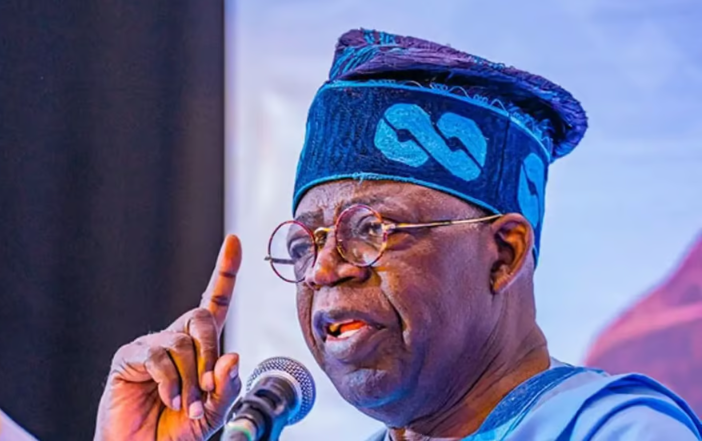In his Independence Day address, President Bola Ahmed Tinubu outlined several policies aimed at alleviating the economic hardships faced by Nigerians, particularly rising food costs.
Tinubu highlighted ongoing efforts, including agricultural programs in states like Kebbi, Niger, Jigawa, and Kwara, where the federal government is providing fertilizers and farm equipment. He also announced plans to establish a local assembly plant for 2,000 John Deere tractors and other machinery, set for completion in six months.
READ ALSO: Tinubu awards national honours to top lawmakers, judiciary leaders amid good governance calls
However, while the president emphasized measures such as the expansion of the Presidential Initiative on Compressed Natural Gas (CNG) to reduce public transportation costs, some experts remain cautious about the effectiveness of these programs.
Dr. Ayo Olorunfemi, an economist, commented, “While these initiatives are a step in the right direction, the key challenge lies in how quickly they can translate to real relief for the average Nigerian. Many households are already struggling under the weight of inflation.”
Energy expert Nkechi Opara also voiced concerns over the energy transition strategy, stating, “The CNG initiative is promising, but without rapid infrastructure development, it may take time before we see meaningful impact on transportation costs.”
As Tinubu urges more states to join the mechanized farming program, experts agree that long-term agricultural investments are critical but stress the importance of immediate relief to ease current economic pressures.

 Entertainment5 days ago
Entertainment5 days ago
 Health7 days ago
Health7 days ago
 Health4 days ago
Health4 days ago
 Football1 week ago
Football1 week ago
 Football1 week ago
Football1 week ago
 Crime4 days ago
Crime4 days ago
 Crime1 week ago
Crime1 week ago
 Education6 days ago
Education6 days ago

